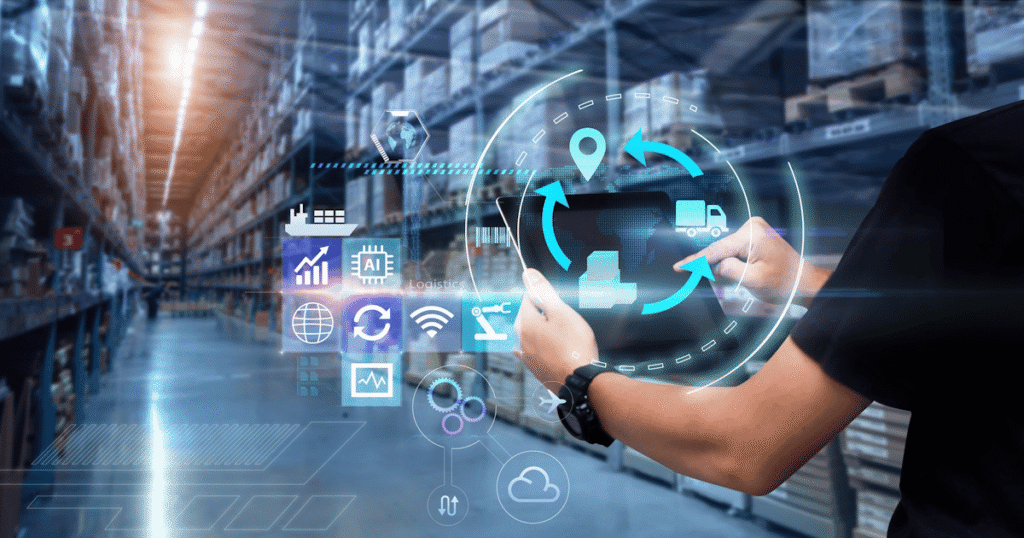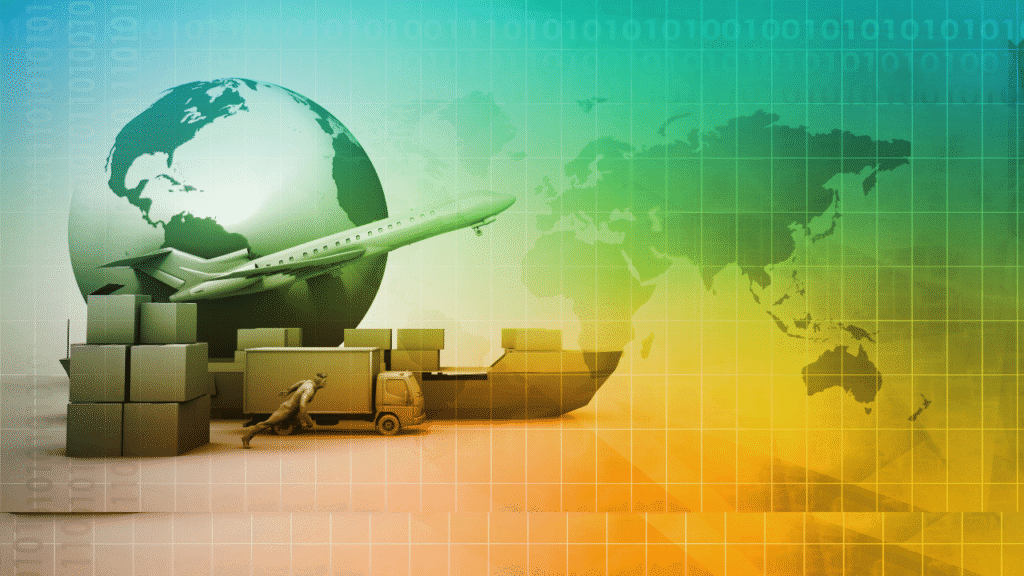When we talk of changes, the Fast-Paced Changes across any sphere have equally attacked the Logistics Arena. AI is also said to be effectively used in more ways, for example, optimizing delivery routes via improved intelligence for routing collection points, and automating warehousing operations; once again, it plays a very important role by making the entire supply chain more efficient in terms of cost and response to customer demands. The current article seeks to uncover the benefits of AI in logistics, including cost reduction, improved delivery times, and data-driven decision-making. Elevate your logistics strategy today.
AI as perceived in Logistics specifically
In layman’s terms, AI is a machine doing at its front an imitation of what can be voiced by humans so far as logic, understanding, and differentiation in the domain of learning and a choice between them is concerned. AI is put to use for making improvements in many areas of logistics, such as transportation, inventory control, demand forecasting, customer service, and others. AI processes enormous amounts of data to ensure smarter and faster decisions.
Studies on Major Applications of AI in Logistics
Route Optimization
AI utilizes specific availability in terms of traffic patterns, weather conditions, and constraints to analyze delivery trajectories operating forth for fuel cost comparisons with good efficiency and onward time management.
Predictive Analytics
AI analyzes demand and anticipates its disruption. Trends in-market, coupled with real-time data, combine with historic data to furnish accurate projections of what type and how much inventory would be needed over time, as well as what strategies should be in place if disruptions do arise.
Warehouse Automation
Robots powered by AI systems are fast becoming the leading solution for automating core operational tasks of warehouses. Sorting, picking, packing- among a host of other warehouse activities get performed by this technology. Speed and efficiency combined with the reduced scope of human error and labor cost.
Inventory Management
AI would aid in defining stock tracing levels, monitoring usage patterns, and setting the conditions for triggering replenishment, sometimes going ahead and suggesting stock levels that would be just the most appropriate levels for neither stocking the required supply nor overstocking.
Autonomous Vehicles and Drones
The AI applications are effectively being spread out for self-driving trucks and delivery drones in powerfully productive and highly efficient freight transport. These applications promise increased speed, safety, and reliability in delivery operations.
Chatbots and Customer Service.
AI underlies the functioning of chatbots that answer questions regarding clients. instructions send when shipments will take place, and problem solving.
Benefits of AI in Logistics
- Increasing Efficiency: One of the most effective ways AI enhances operational efficiency is by automating Routine Tasks and facilitating process optimization.
- Reducing Cost: Smart decisions and wise processes reduce fuel needs and labor costs and minimize inventory costs.
- Higher Accuracy: Eliminating human error in inventory tracking, demand forecasting, and order fulfillment.
- Real-time Decision Take: Quickly educate themselves and follow updated data with decisions within the information full of availability, thus realizing it enables those carriers to make speedily informed decisions.
- Scalability: This extraordinary ability in the AI engine allows it to ramp up or scale down its operation according to varying demand without changing the performance standards.
Issues Facing the Future Implementation of AI in Logistics

- High Initial Investment: The implementation of AI technology entails huge initial investments not only for the purchase of software and computer infrastructure but also for training them.
- Data Quality and Integration: AI systems largely rely on real-time, accurate data. It may prove to be incredibly challenging to integrate various incompatible sources while keeping them at an appropriate data quality.
- Risks Associated with Cybersecurity: As the degree of dependence on electronic systems increases, the threats tend to worsen in relation to data security and cyberattacks.
- Resistance from Employees: This creates intimidation, leading to resistance, as some believe technology may take away certain jobs.
- Legal and Ethical Concerns: Autonomous vehicles give rise to various legal intricacies; ethical considerations abound for data processing.
Real-Life Cases of AI in Logistics
- Amazon: AI is applied by Amazon to automate its warehouse control, demand forecasting, and last-mile efficiency improvements for shorter and faster delivery.
- DHL: Route optimization nearly in real time is predicted by AI; this gives an edge to supply chain visibility and efficiency to DHL.
- UPS: AI on ORION at UPS estimates the best delivery routes from all those that save the most miles each year, amounting to millions in cost savings per annum.
The Future of AI in Logistics
The future of logistics will be entirely driven by innovations spurred on by artificial intelligence. Innovations expected in these fields include:
- Hyper-Automation: Completely automated warehouses with little or no human involvement.
- Predictive Maintenance: AI predicts equipment failure; maintenance performed before it causes down time.
- Blockchain Integration: AI and blockchain processing for secure and transparent logistics operations.
Conclusion
With the deep learning of machine intelligence, there has been a shift in conventional logistics towards smarter solutions for the maximization of efficiency, accuracy, and customer acceptance. From now on, even with all the challenges in the way, the benefits outweigh the challenges. The technological development is so fast that many soon shall be left with no options but to embrace AI in logistics, which is destined to assume a critical role for survival in a data-driven and fast-paced environment.
FAQs
Q1: How does AI speed up the delivery time?
AI will assist in route optimization from various angles, such as speed optimization, traffic analysis, weather projections, etc., and make faster and effective deliveries.
Q2: How is AI beneficial in terms of costs for logistics purposes?
AI manages the routes through optimization and thus lowers the costs spent on operation; it does the same with inventory handling and through automated processes inside the warehouse.
Q3: Is AI replacing human jobs in logistics?
While most redundant tasks are performed by AI, data analysis, system management, and maintenance-related tasks offer new jobs.
Q4: AI Technologies: Could small logistics firms afford them?
These AI solutions, either cloud-based or through SaaS, ultimately enable even small entities to access very cost-effective and scalable avenues to the technology.



